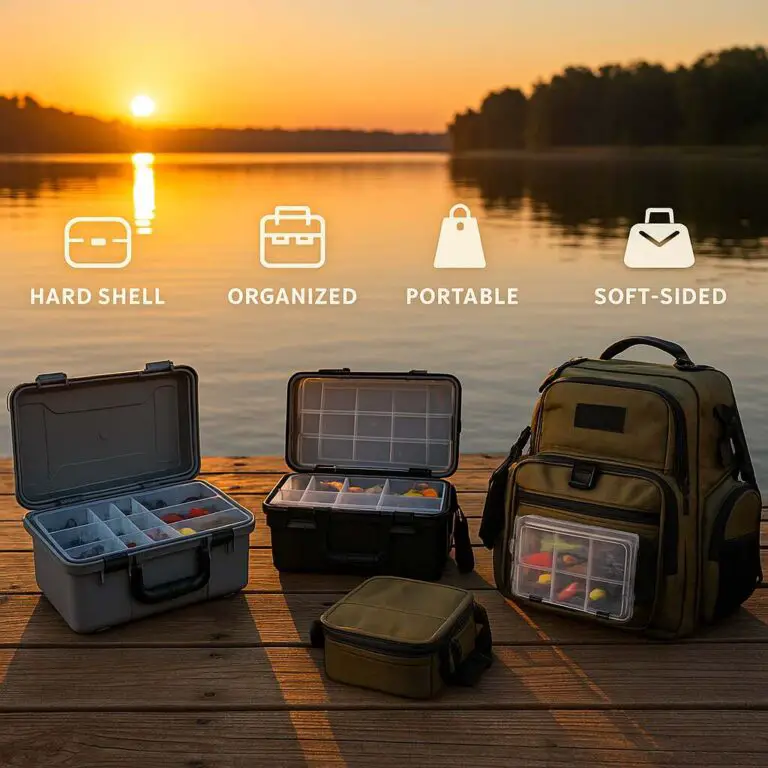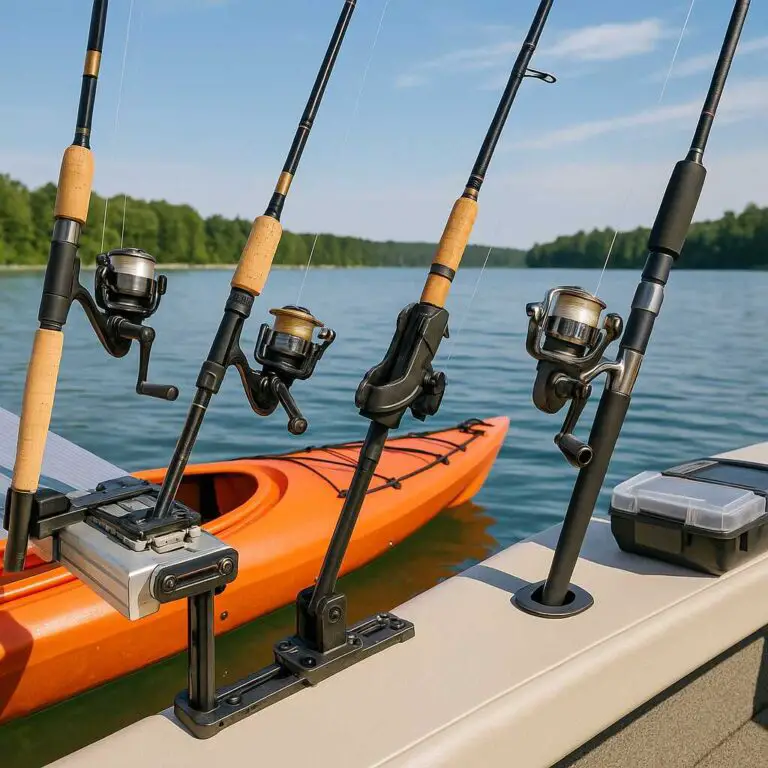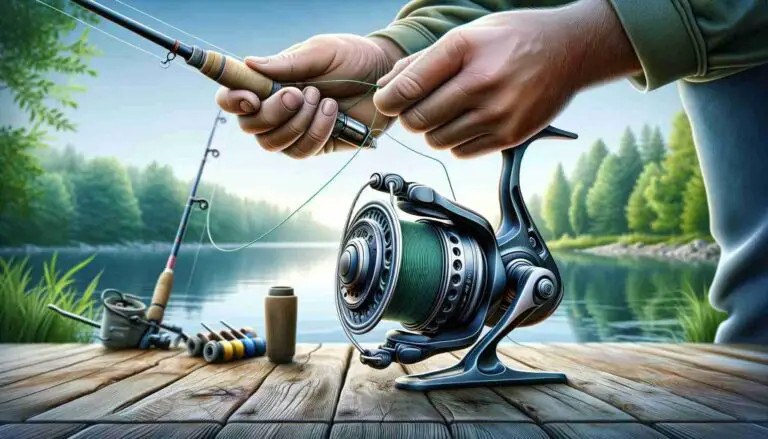Sport fishing, a popular outdoor activity enjoyed by millions of people around the world, offers a unique blend of recreation, relaxation, and the thrill of catching fish. Whether it’s casting a line in a tranquil lake or venturing out into the deep sea, sport fishing provides individuals with a connection to nature and an opportunity to test their angling skills. However, beneath the surface of this seemingly innocuous pastime lie complex ethical considerations that deserve careful examination.
The Ecological Impact
Overfishing and Depletion of Fish Populations
One of the most significant ethical concerns associated with sport fishing is its potential to contribute to overfishing and the depletion of fish populations. Overfishing occurs when fish are harvested at a rate that exceeds their ability to reproduce and replenish their numbers. Sport fishing, when poorly regulated, can exacerbate this problem.
Many popular sport fish, such as salmon, trout, and bass, are often targeted for their size and fighting ability. While catch-and-release practices have gained traction, especially among responsible anglers, the stress and injury inflicted on fish during capture can reduce their chances of survival after release. In some cases, catch-and-release may not be enough to ensure the long-term viability of fish populations.
Habitat Destruction and Ecosystem Impact
Sport fishing activities can also lead to habitat destruction and have broader ecosystem-level consequences. Anglers often access remote and sensitive areas, leaving behind litter, damaging vegetation, and disturbing wildlife. The construction of docks, piers, and other fishing infrastructure can disrupt fragile aquatic ecosystems.
In addition to physical damage, sport fishing can introduce invasive species into new habitats. When anglers transport live bait or release non-native fish species, it can disrupt local ecosystems and threaten native species. This practice, while often unintentional, underscores the importance of ethical considerations in sport fishing.
Ethical Treatment of Fish
Catch-and-Release Practices
Catch-and-release practices have become a standard part of responsible sport fishing, aiming to minimize harm to fish populations. The idea is to catch a fish, carefully handle it, and release it back into the water unharmed. However, catch-and-release is not without ethical concerns.
Firstly, the effectiveness of catch-and-release can be variable. Fish can experience injury and stress during capture, and their chances of survival after release depend on factors such as handling techniques, hook size, and water temperature. In some cases, the mortality rate for released fish can be relatively high.
To address these concerns, ethical anglers often take measures to minimize harm. They use barbless hooks, handle fish with wet hands or gloves to protect their delicate skin, and practice “high-finning” to encourage fish to swim away swiftly. Additionally, some jurisdictions have imposed regulations, such as mandatory catch-and-release periods or size limits, to protect vulnerable fish populations.
Fish Welfare and Ethical Dilemmas
The ethical treatment of fish raises questions about their capacity to experience pain and suffering. While fish lack facial expressions and vocalizations that humans associate with distress, scientific research suggests that they possess neural structures and pain receptors that enable them to respond to noxious stimuli.
This knowledge has led to ongoing debates about the ethics of sport fishing. Some argue that causing harm to fish through hooking, handling, and catch-and-release is inherently unethical, while others contend that as long as efforts are made to minimize harm and promote survival, sport fishing can be ethically acceptable.
Ultimately, the question of whether fish can suffer and the degree to which their welfare should be considered in sport fishing ethics is a matter of ongoing discussion within the angling community and among ethicists.
Cultural and Historical Perspectives
Tradition and Heritage
Sport fishing has deep historical and cultural roots in many societies. For some, it represents a cherished tradition, passed down through generations. It can serve as a means of connecting with the natural world, bonding with family and friends, and finding solace in the great outdoors.
From an ethical standpoint, the importance of these cultural and historical perspectives cannot be overlooked. Recognizing the significance of sport fishing in various cultures highlights the complexity of the ethical considerations involved. Balancing the preservation of traditions with responsible and sustainable fishing practices is a challenge that requires thoughtful reflection.
Economic and Recreational Benefits
Sport fishing also has significant economic and recreational benefits for communities, particularly in regions where it is a major industry. It supports jobs in tourism, hospitality, and tackle manufacturing, contributing to local economies. Additionally, recreational anglers often invest time and money in conservation efforts, such as habitat restoration and fish stocking programs, which can have positive ecological impacts.
Balancing these economic and recreational benefits with ethical concerns is essential for fostering a more sustainable and ethical approach to sport fishing. Communities that rely on fishing-related income have a vested interest in promoting responsible angling practices that ensure the long-term health of fish populations and their habitats.
Conservation Efforts
4.1 Sustainable Fisheries Management
One of the most effective ways to address the ethical considerations of sport fishing is through sustainable fisheries management. This involves regulating fishing activities to ensure that they do not harm fish populations or their habitats. Conservation measures may include catch limits, size restrictions, and seasonal closures.
Sustainable management also extends to the protection of critical fish habitats, such as spawning grounds and nurseries. By designating and safeguarding these areas, authorities can help maintain healthy fish populations.
Education and Outreach
Education and outreach programs play a crucial role in promoting ethical sport fishing practices. Angler education initiatives can teach individuals how to handle fish with care, minimize stress and injury, and practice responsible catch-and-release. These programs also raise awareness about the importance of protecting aquatic ecosystems and respecting regulations.
Engaging anglers in conservation efforts can empower them to become stewards of the environment. By fostering a sense of responsibility and understanding among sport fishermen, these programs contribute to the long-term sustainability of the activity.
Research and Innovation
Advancements in technology and research are helping to address the ethical concerns of sport fishing. For example, scientists are developing tools and techniques to reduce the impact of catch-and-release on fish populations. This includes innovations like circle hooks that are less likely to cause injury and underwater cameras that allow anglers to view and release fish without removing them from the water.
Furthermore, ongoing research into fish behavior and welfare informs the development of best practices for ethical angling. By leveraging these innovations, the sport fishing community can continue to enjoy their pastime while minimizing harm to fish populations.
Conclusion
Sport fishing, with its rich cultural history and widespread popularity, presents a complex set of ethical considerations. The ecological impact on fish populations and their habitats, the ethical treatment of fish, and the interplay of cultural and historical perspectives all contribute to the multifaceted nature of these concerns.
However, sport fishing is not inherently unethical. Responsible anglers, regulatory authorities, and conservationists are actively working together to address these ethical dilemmas. Through sustainable fisheries management, education and outreach, and ongoing research and innovation, it is possible to enjoy the pleasures of sport fishing while minimizing harm to the environment.
Ultimately, the ethical considerations of sport fishing call for a balanced approach that respects tradition and heritage, acknowledges economic and recreational benefits, and prioritizes the well-being of fish populations and aquatic ecosystems. By embracing these principles, anglers can continue to enjoy their beloved pastime while contributing to the conservation of our planet’s natural resources.








